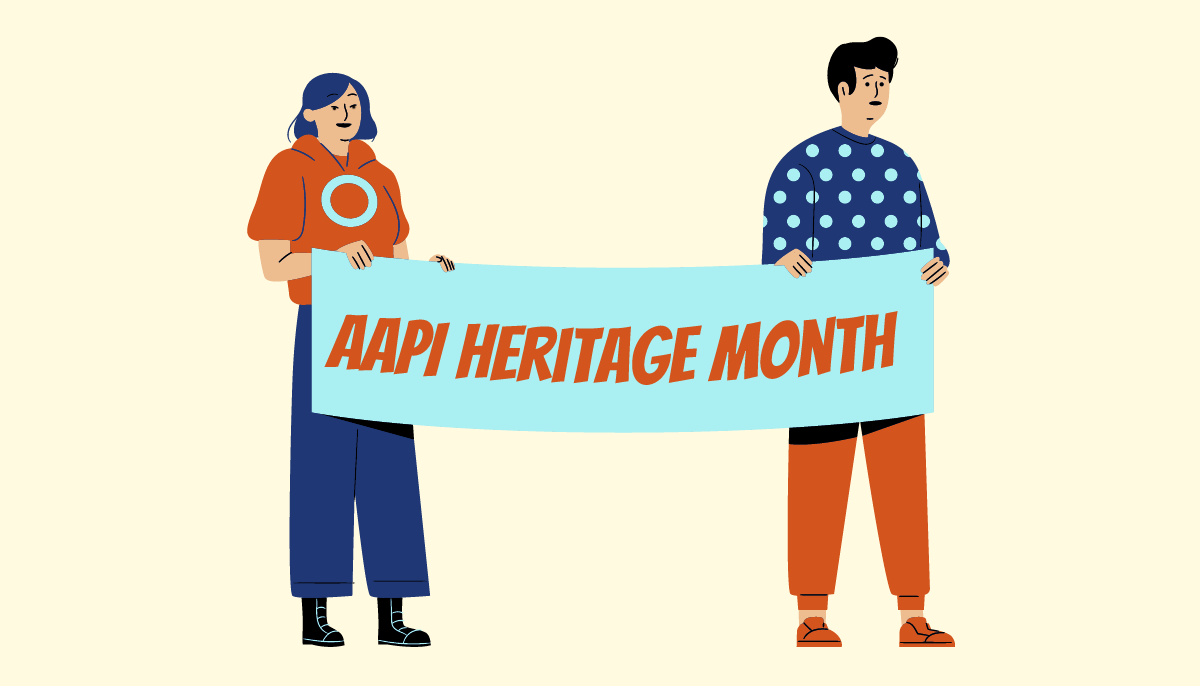For Asian American and Pacific Islander Heritage month, we’re sharing articles by and about Asian American Buddhists from our archives. This week, we’re exploring Asian American Buddhist activism and solidarity.

This week, we explore Asian American Buddhist activism and solidarity. Activism has many meanings and takes many forms: raising awareness about an issue, protesting, voting, creating art, working in service towards higher ideals, working in service towards smaller practical goals, and more. Similarly, solidarity can mean many different things: community-building, finding commonality despite difference, working together towards our collective liberation, and more.
Some may argue that Buddhism, with its many teachings on subjects such as loving-kindness, interdependence, and right action, enables activist practices. But what does it mean to actively incorporate Buddhist teachings into one’s activism?
In the following five articles, we see how Asian Americans’ Buddhist practice influence their activism, and how their activism influences their Buddhist practice. Tanny Jiraprapasuke reflects on experiencing a xenophobic verbal attack, pushing her to raise awareness about anti-Asian incidents during COVID-19, demonstrating that activism can mean speaking up as well as viewing others with compassion.
Rev. Christina Moon interviews Hawaiian Governor David Ige on compassion in governance and valuing immigrant contributions, an activism that harnesses the power of public office in serving his community. Myokei Caine-Barrett, Minna Jain, and Bo-Mi Choi discuss how Buddhists can use their sangha communities to create spaces to speak honestly, acknowledge the real-world effects of difference and power, and come together in shared understanding.
Finally, we have two creative pieces. Satsuki Ina shares two poems written after visiting Central American asylum seekers in detention centers at the U.S. southern border, revealing that activism can entail both working for the freedoms of those who are suffering as well as bearing witness to their stories. In a powerful spoken-word performance, George Yamazawa recounts how reflecting on our past mistakes can help our commitment to acting compassionately.
As you read these pieces, reflect on your own relationship with activism and solidarity. How do you contribute to the communities in which you live and/or find belonging? What Buddhist teachings represent activism or solidarity to you? How can you incorporate Buddhist concepts and practices into your activism? Into the contributions you make towards your communities? Into your daily life?
-Mihiri Tillakaratne, Associate Editor

